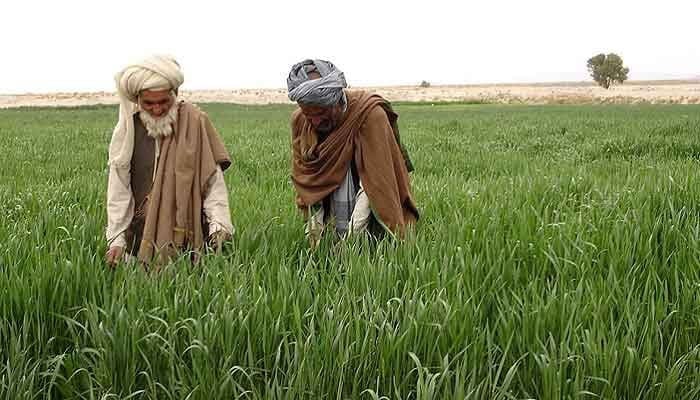ISLAMABAD The provinces have complied with the lender’s demand to impose an agricultural income tax as the government led by Prime Minister Shehbaz Sharif works to obtain a new $6 to $8 billion International Monetary Fund (IMF) bailout through the Extended Fund Facility (EFF), sources told Geo News on Thursday.
According to the sources, the federal finance ministry officials were present at separate virtual negotiations that the Fund held with the governments of Sindh, Punjab, Balochistan, and Khyber Pakhtunkhwa. During these negotiations, the provinces requested a two-day extension from the lender to devise a strategy for imposing taxes on agricultural income.
In an effort to adjust its financial policies to the demands of the IMF, the government set a lofty target of Rs13 trillion in tax revenue in the heavily taxed Finance Bill 2024, which went into force on July 1.
A 48% increase in direct taxes and a 35% increase in indirect taxes over updated expectations for the current year make up the increase in the tax objective.
The majority of the tax increases would be borne by paid workers, who make up a small portion of Pakistan’s largely unorganized sector, along with a few retail and export companies. The budget also hinted at harsh penalties for individuals who evade taxes, such as limitations on access to gas, electricity, and mobile phones, as well as the inability to travel overseas.
The country’s finance minister, Muhammad Aurangzeb, has consistently argued in favor of broadening the tax base, claiming that if tax revenues do not rise, the anticipated IMF program won’t be the last.
According to sources, the tax’s rate would be the same as other taxes and it would be applied to agricultural income surpassing Rs 600,000 annually.
Provincial governments have guaranteed the Washington-based lender of their full cooperation and will present their plan about agriculture income tax to the IMF tomorrow (July 12), with the expectation that the provinces and the center will come to an agreement on the aforementioned subject.







